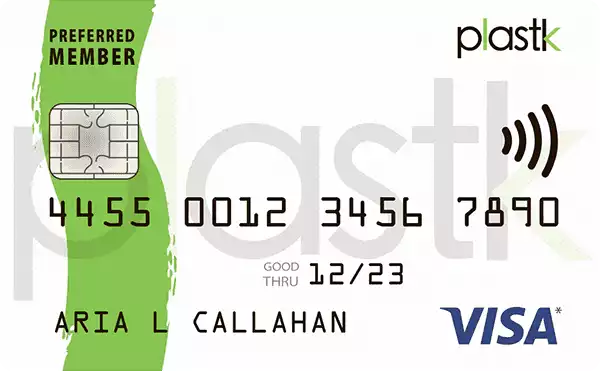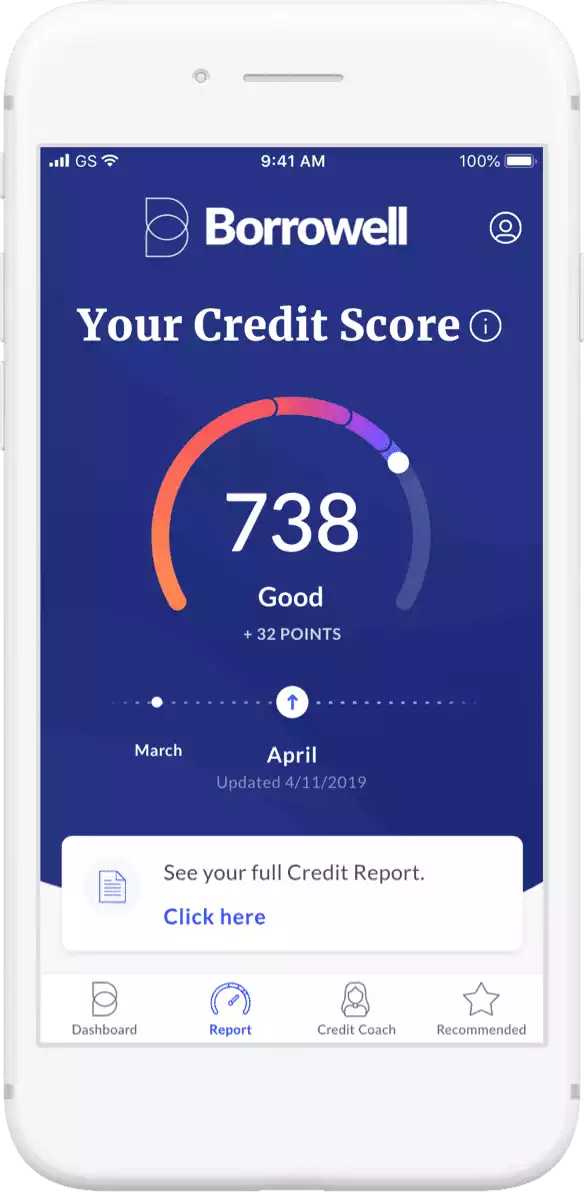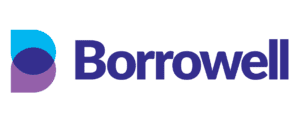
Hey, Canada! Your credit score is your passport to better interest rates, lower premiums, and maybe even your dream job. Your credit score informs financial institutions how well you handle credit, which is another term for a loan you take out using other people’s money. A better credit history translates to a higher credit score. Credit inquiries or credit checks come in two forms: hard credit checks and soft credit checks. Both will have a different impact on your credit score. Let’s see what each one does.
The truth about hard and soft pulls
When you apply for a new loan with a financial institution or private money lender, it can affect your credit score. A hard pull or hard credit check is when a lender makes a credit inquiry because you asked for a loan. You started the process. The lender requests information from a recognized credit bureau. The credit bureau shares data with the person or the financial institution after ensuring their credibility. In Canada, the credit bureaus are Equifax and Transunion.
However, you can always check your credit file to see which financial institution or private lender has checked your creditworthiness. Usually, credit inquiries remain on your credit report for up to two years. Of course, a lot of banks and apps let you check your credit score, but they are not reporting agencies.
What can trigger a hard credit check?
A hard credit check takes place if you have specifically applied for something that’s as small as a credit card or as big as a home mortgage. In this case, the lender will assess your credit history and will accordingly make the decision of approving or rejecting your loan. As mentioned before, they will require your consent before proceeding with a hard credit inquiry. Of course, mistakes happen. That is why it is always a good idea to check your credit score for mistakes.This means there won’t be any random hard credit pulls on your profile.
When the lender conducts a hard credit check, your credit score may be negatively affected for up to one year. If you’re wondering why there’s a decline in your credit score, it might have to do with frequency. If you apply for multiple loans in a shorter period of time, lenders wonder why. It is a red flag that indicates you may be experiencing financial distress and desperate for credit, which can lead to a decline in your credit score.
You can expect to receive hard credit checks when applying for a mortgage, a car loan, a credit card, a student loan, a personal loan, or a line of credit. Even requesting an increase to your credit limit will trigger a hard check. Why? It is because you want to access other people’s money for your own purposes. The lender wants to evaluate you and how likely you are to pay back the loan on time.
What’s a soft credit check?
A soft credit check impacts your life in a lot of ways but it does not impact your credit score. Soft credit checks let lenders analyze your credit. Soft checks are not traced by Equifax or TransUnion. This means your credit score will remain unchanged when a lender performs a soft credit check; you didn’t ask to borrow money. That's what happens when you check your score for free via applications like ClearScore or your bank. A soft check can help you prequalify for a specific loan, or a line of credit. When you actually apply for that product, you will need to submit to a hard credit check.
Ever wonder why you get junk mail from some places? You are suddenly pre-approved for something? It makes a lot more sense now. A soft check might be the answer. These checks are signals to lenders, rental companies, landlords, banks, and even potential employers. They might like your profile and want your business.
A soft credit inquiry is visible on your file, but it doesn’t affect your credit score or scare off other lenders. Furthermore, a lender can do these checks without asking for your consent or permission. As Hardbacon has told you before, your credit score can affect your premiums for insurance policies. When you get hired for a new job, your employer will make a soft inquiry to evaluate your credit history. The same principle applies to renting a place; your landlord can do a soft check on your credit.
What will be the impact of hard credit checks on your credit score?
The impact of a hard credit check depends on how many you have in a short period of time, and how strong or weak your credit score is to begin with. If you have a strong credit score, the impact is negligible, and won't affect your creditworthiness. In most cases, the credit score rebounds to where it was as soon as the person makes their next scheduled debt repayment on time
Lots of hard checks in a short period of time hurt everyone. But they hurt more and take longer to recover from the weaker your score is to begin with. Your credit report is a living document; it is constantly changing and updating based on your borrowing behaviour. There are ways to build it up. Time can be on your side.
However, not all hard credit inquiries affect everyone the same.. A credit check could cost one person up to five points. For others, a hard credit pull may lower their credit score up to ten points. It is never a one-size-fits all situation.
Who should you contact if a hard check is done without your consent?
There can be times when you never gave your consent for a hard check but still, you see a reduction in your credit score. Undoubtedly, this can be annoying and frustrating. In case you observe any issues with your report, you may reach out to the credit bureaus and request them to remove the hard checks from your profile.
Furthermore, if you encounter any inquiries that were not made by you, or are suspicious regarding any theft or fraud, then you may file a complaint with The Financial Consumer Agency of Canada (FCAC).
You can use an app like Borrowell to check your credit score for free as many times as you want without harming your credit score.
Is there any way to minimize the effects of hard credit pulls?
You can improve your credit score. You can also protect what you have by minimizing the effect of hard pulls., Here are a couple of strategies that can help any impact on your score:
Avoid applying for new loans at the same time
A single hard inquiry will have a lesser impact on your score than multiple hard pulls. If you want to reduce the impact of hard credit checks, the very first option will be to not apply for several credit products or loans simultaneously. The logic is simple. If you’ve applied for many credit cards within a short period, lenders do more hard credit checks. The result? It can cause a significant drop in your score.
However, this does not apply when it is a mortgage or if you are car shopping. Applying to multiple mortgage lenders or shopping for a car at different dealerships will each only register as one check. Let’s look into that.
Shop for similar types of loans within a certain time window
While applying for different credit applications is not advised, shopping around for loans of similar types, such as, car loan within a 45-day window won’t impact your score. Credit agencies and financial institutions understand that a customer needs to explore and compare different service providers before applying for a loan. That’s why, no matter how many similar applications you’ve submitted within 45 days, all the hard pulls by lenders will be counted as one. Besides, Equifax considers hard inquiries for a specific application type as one, provided you’ve submitted them within a certain window, generally between 14 and 45 days, based on the type of credit scoring framework being used.
Review your credit report often
Reviewing your credit report often helps you keep track of the credit pulls made by lenders and their impact on your credit score. Further, you’ll also know about any signs of identity theft or fraudulent transactions made on your behalf. What frequency is best? Probably every month so you can spot any fraudulent activity.
Who is responsible for performing hard and soft credit checks?
Hard credit checks are done by lenders when you apply for a financial product. Think banks and lenders.Soft credit checks are generally performed by lenders, landlords, government authorities, creditors, insurance companies, employers, utility service providers, etc.
The hard and soft of it all
While soft credit pulls don’t impact your score at all, hard credit pulls may affect your score to some extent. Though a single hard pull can negligibly lower your score, multiple hard pulls can exert pressure on your credit report. That’s where you need to be thoughtful when applying for different types of loans or mortgages. Also, there’s no need to give consent for soft credit checks, while you must provide consent to lenders for hard credit pulls.
Many people like to check their personal credit score to assess their creditworthiness. Luckily, you can check it as many times as you want without worrying about its impact on your score. Remember, it’s considered a soft check. Besides, you can follow a couple of measures to ensure that your credit score is impacted to a minimum or negligible extent. Some of the measures include reviewing your credit score, keeping an eye on errors or frauds, taking advantage of rate shopping, and not applying for too many new loans at the same time.
After all, your credit score is vital, and lenders will look at it before approving any of your loan applications. So, ensure to have at least a decent score and a good credit history to access better credit offers. And don’t let hard credit inquiries haunt you! Remember, there are many factors that impact your creditworthiness, such as missing due dates for repaying loans, that can damage your credit score.






















About The Author: Arthur Dubois
Passionate about personal finance and financial technology, Arthur Dubois is a writer and SEO specialist at Hardbacon. Since his arrival in Canada, he’s built his credit score from nothing.
Arthur invests in the stock market but doesn’t pay any fees because he uses National Bank Direct Brokerage online broker and Wealthsimple’s robo-advisor. He pays for his subscriptions online with his KOHO prepaid card, and uses his Tangerine credit card for most of his in-store purchases. When he buys bitcoins, it’s with the BitBuy online platform. Of course it goes without saying that he uses the Hardbacon app so that he can manage all of his finances from one convenient place.
More posts by Arthur Dubois